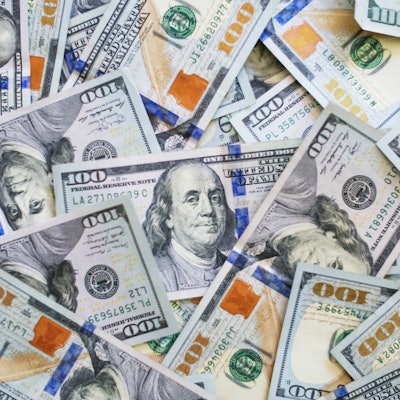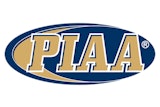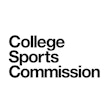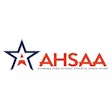
The North Carolina High School Athletic Association voted on Wednesday to pass a policy allowing students to profit from their name, image and likeness. The policy passed 15-3.
Twenty seven other states had already passed legislation to allow NIL profits for high school athletes. There are about 10 other states working on legislation.
For example, the Virginia High School League on Wednesday announced NIL guidelines for its student-athletes.
As reported by NBC affiliate WITN in Washington, N.C., the policy allowing North Carolina high school athletes to start profiting from NIL takes effect July 1, amid concerns about potential loss of amateur status and NCAA ineligibility. The National Federation of State High School Associations has a video and documents students and their families must go through before they can sign an agreement with a company. There is a course required for parents, coaches, athletic directors and principals from the NFHS to be taken, as well.
Among the NCHSAA's specific guidelines:
- Students are required to disclose NIL agreements with the member school coach or athletic director. The athletic director must submit NIL agreements to the NCHSAA.
- The types of NIL agreements students can monetize their name, image, and likeness are “through appearances, athlete-owned brands, autographs, camps and clinics, group licensing, in-kind deals, instruction, non-fungible tokens, product endorsements, promotional activities and social media.”
- Schools and coaches can’t facilitate NIL deals. They aren’t allowed to use NIL for recruiting athletes, encouraging enrollment. School employees and coaches cannot act as the student’s agent or marketing representative.
- Students are prohibited from engaging in NIL deals for products or companies in “adult entertainment, alcohol, cannabis, controlled substances, firearms and ammunition, gambling, prescription drugs, as well as tobacco, vaping, and other Nicotine-related products."
- Athletes cannot affiliate themselves with a specific school, conference, school district, the NCHSAA, or the NFHS through a NIL deal.
The punishment for the adult school employees or coaches for violating the policy falls under the Undue Influence regulations in the NCHSAA handbook. The punishment for students is a 60-day suspension if they are making NIL money outside the policy guidelines and they would have to stop the arrangement.
According to CBS affiliate WTKR in Norfolk, Virginia's guidelines are similar. They include:
- Students may receive compensation for commercialization of their own name, image and likeness. This includes taking part in commercials, product endorsements, personal appearances, autograph sessions, merchandise and apparel sales, group licensing and acting as a social media influencer.
- Student-athletes must notify the principal or athletic director of their school in writing within 72 hours of entering into any NIL contract.
- Schools may not solicit or arrange compensation for an NIL deal. Booster clubs, coaches, administrators, alumni or an NIL Collective may not assist athletes in securing the deals.
- Schools and teams may not use NIL opportunities to provide incentive for a student's enrollment or membership on a team.
- Using intellectual property of the VHSL or any member school to receive compensation, endorsements or gifts is also prohibited. This includes school names, uniforms, mascots and logos. NIL activities that student-athletes take part in may not include any reference to a school team, school, district, region or the VHSL.
- Students may not appear in their school uniform or have their school logo visible. They also may not endorse or promote any NIL partner during school athletic events unless that identifying mark or logo is part of the standard school uniform for that sport.
- Prohibited product categories include adult entertainment products and services, alcohol products, tobacco or electronic smoking products, opioids or prescription drugs, controlled dangerous substances, casinos, gambling or sports betting and weapons or firearms.
Violating the guidelines shall result in a student-athlete's ineligibility in regards to VHSL competition.
VHSL executive director Billy Haun told media members Wednesday that the guidelines, assembled with the help of an NIL consultant and VHSL legal counsel, passed by a 32-2 vote, and may be subject to change as deemed necessary. Haun said experts estimate that between 1.5 percent and 9.5 percent of Virginia high school athletes could sign NIL deals, WTKR reported.





































